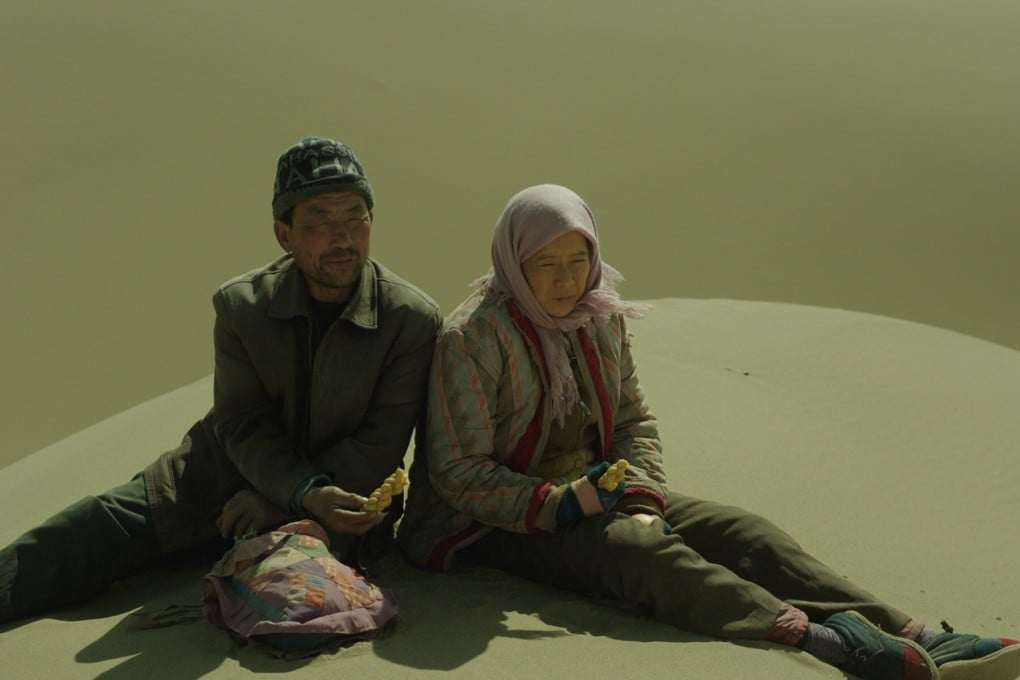Return to Dust? It’s a movie about love and life, says Li Ruijun, Chinese filmmaker, of his melodrama set in rural China after its Berlin film festival premiere
- Li Ruijun’s rural melodrama, recently premiered at the Berlin film festival, follows a farmer and his wife from an arranged marriage in China’s remote northwest
- The director talks about the importance of nature in his film, creeping urbanisation in China and the difficulties caused by the Covid-19 pandemic

“Love and life.” Li Ruijun, a director of few words, you might say, has just summed up for me the themes he wanted to explore in his latest film, Return to Dust.
As broad as this sounds – could it get any broader as an answer? – these are exactly the issues the Chinese filmmaker sets out to pursue with such delicate precision in this rural melodrama, the sixth feature of his increasingly engrossing career.
Set in the early 2010s, the film follows a farmer and his wife, brought together in an arranged marriage, who face the trials and tribulations of a pastoral existence. It’s yet another film that brought Li back to Gaotai county, in northwest China’s Gansu province, where he grew up.
His earlier movies like 2010’s The Old Donkey or 2012’s Fly with the Crane were set in the same remote region, an area even most Chinese film-goers are not too familiar with. “Rarely do audiences get to see the lives and the people around Gaotai,” Li says.
When we speak over Zoom, it’s the tail end of Lunar New Year. Li is holed up in a hotel in his homeland, the wiry-looking 39 year-old dressed in a creased white T-shirt and trousers. Return to Dust has just premiered at the Berlin International Film Festival in competition – Li’s first time competing for the Golden Bear.